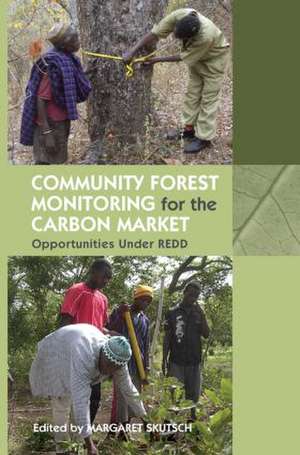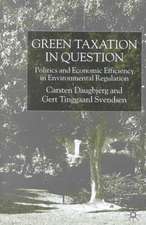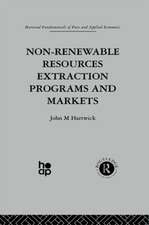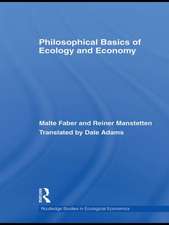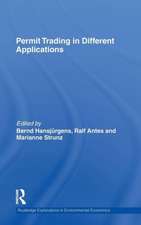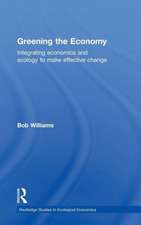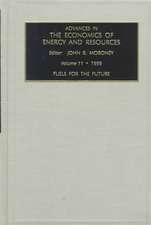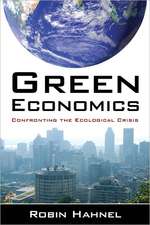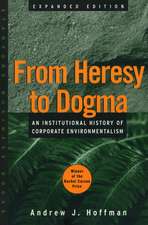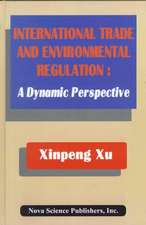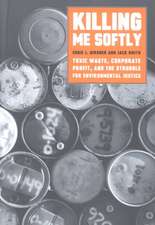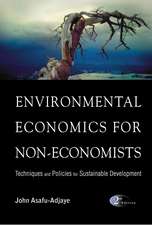Community Forest Monitoring for the Carbon Market: Opportunities Under REDD
Editat de Margaret Skutschen Limba Engleză Paperback – 12 dec 2013
Preț: 410.46 lei
Nou
Puncte Express: 616
Preț estimativ în valută:
78.54€ • 83.99$ • 65.49£
78.54€ • 83.99$ • 65.49£
Carte tipărită la comandă
Livrare economică 17 aprilie-01 mai
Preluare comenzi: 021 569.72.76
Specificații
ISBN-13: 9780415852890
ISBN-10: 0415852897
Pagini: 208
Dimensiuni: 156 x 234 x 13 mm
Greutate: 0.32 kg
Ediția:1
Editura: Taylor & Francis
Colecția Routledge
Locul publicării:Oxford, United Kingdom
ISBN-10: 0415852897
Pagini: 208
Dimensiuni: 156 x 234 x 13 mm
Greutate: 0.32 kg
Ediția:1
Editura: Taylor & Francis
Colecția Routledge
Locul publicării:Oxford, United Kingdom
Cuprins
Part I: Principles and Issues 1. Why Community Forest Monitoring?2. How Much Carbon Does Community Forest Management Save?3. Local Participation In Mapping, Measuring and Monitoring for Community Carbon Forestry4. The Policy Context of Community Monitoring for REDD+5. Information Requirements for National REDD+ Programmes6. The Costs And Reliability of Forest Carbon Monitoring by Communities7. A Field Guide for Community Forest Carbon Monitoring8. Participatory Mapping and Monitoring of Forest Carbon Services Using Freeware: Cybertracker and Google EarthPart II: Case Studies9. The Cost to Communities in Nepal of Participating in REDD+10. Community Carbon Forestry to Counter Forest Degradation in the Indian Himalayas11. The Potential of Community Forest Management Under REDD+ for Achieving MDG Goals in Tanzania 12. West Africa: Carbon Savings Through Community Management of Dry Savanna Woodlands 13. Can Carbon Compete with the Loggers in Papua New Guinea?14. Will Poor Nepalese Communities be able to Access REDD+ Carbon Credits? A Legal Analysis
Notă biografică
Margaret Skutsch is Associate Professor in environmental geography at the Universidad Nacional Aut�noma de M�xico and is also affiliated to the University of Twente, the Netherlands. She has been doing research on community forest management since 1978, mainly in Tanzania, Sri Lanka, India and Mexico. She led the Kyoto: Think Global Act Local programme (2003-2009).
Recenzii
'Incentivizing and compensating local forest users for reduced emissions require regular monitoring of forest carbon stocks. This book demonstrates convincingly - based on extensive field research - that this can be done by local communities themselves in a reliable and cost-efficient way.'Arild Angelsen, Professor, Norwegian University of Life Sciences & Senior Associate, CIFOR
